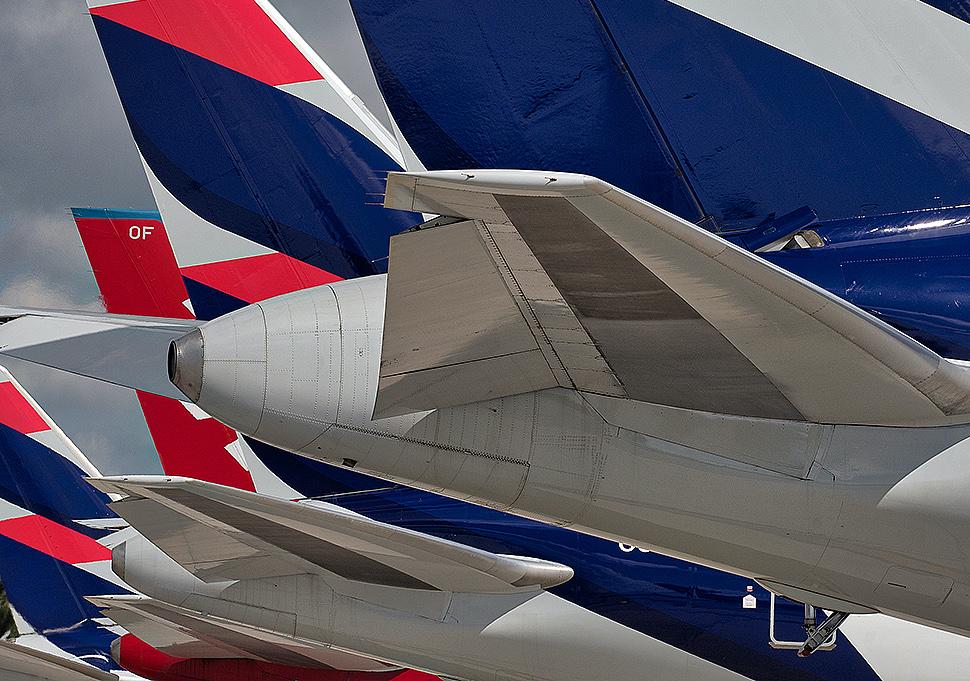
LATAM Airlines has become the latest high-profile victim of the COVID-19 crisis as it filed for Chapter 11 proceedings on May 26 at the U.S. Bankruptcy Court for the Southern District of New York.
“LATAM entered the COVID-19 pandemic as a healthy and profitable airline group, yet exceptional circumstances have led to a collapse in global demand and brought aviation and revenues to a virtual standstill,” the company stated.
“In light of the industry-wide collapse in demand and subsequent financial pressures caused by COVID-19, we need to take further action to ensure our airline group long-term sustainability.”
Affected by the filing are LATAM and its affiliates in Chile, Colombia, Ecuador, Peru and the United States, but not subsidiaries in Argentina, Brazil and Paraguay “due to the nature of their debt structure and current financial status.”
LATAM is now the second largest Latin American airline to file for bankruptcy this month following one of its biggest rivals in the region, Avianca. LATAM joins a growing number of airlines globally that have succumbed to the financial pressures brought by traffic almost completely collapsing as a result of the novel coronavirus outbreak. Among them include Virgin Australia, Trans States and Flybe.
In many other cases, insolvencies have been avoided by the injection of billions of dollars in government aid, including for all major carriers in the U.S. Aid measures are about to be implemented or are planned for Air France-KLM and Lufthansa in Europe, while large Chinese and Middle Eastern carriers have also had access to government support. Avianca and LATAM have not received similar help so far.
LATAM is currently operating only around 5% of its normal schedule and has announced plans to cut 1,850 of 40,000 jobs in the group.
Some of its shareholders have committed to financial support in the restructuring in the form of a loan. The financing is provided by: the Cueto family, which took control of what was then LAN Airlines in 1994 and still is the largest shareholder of the broadened group with a 21.5% stake; the Amaro Group, representing the former owners of TAM Brasil; and Qatar Airways.
Noticeably absent from that list is Delta Air Lines, which owns 20% of LATAM, a stake it only acquired in September 2019 for $2.2 billion in a strategic coup to gain better access to Latin America. Under the conditions of the the Coronavirus Aid, Relief, and Economic Security (CARES) Act—through which Delta is receiving government funds—U.S. airlines cannot provide financing to subsidiaries abroad.
As a result of the new affiliation with Delta, LATAM left the oneworld alliance on May 1. Delta and LATAM signed a joint venture agreement on May 7 covering flights between the U.S. and Latin America, onward connections and frequent flyer benefits.
LATAM Airlines Group was set up in 2012 as a result of the merger of LAN and TAM Brasil with the Cueto family, namely Enrico and Ignacio Cueto, taking over operational leadership of the group. The Cuetos have meanwhile left the running of the company to Roberto Alvo, a long-time executive previously in charge of the commercial division
LATAM insists that the effort to restructure its debt “will not affect our ongoing efforts to return to our regular operations.” The airline plans to honor previously purchased tickets.
“A key part of the reorganization of the business is the right-sizing and shape of the fleet to reflect the current and anticipated market conditions,” the group stated.
“To support these objectives and protect the value of our group, we have made the difficult but necessary decision to terminate certain leases that no longer serve the best interest of our business from an operational or financial standpoint. These are not easy decisions to make, but they are important for the long-term sustainability of our group, and we will continue evaluating our remaining leases and capacity requirements as this process progresses.”
LATAM Airlines did not specify immediately which leases will be terminated.
Airbus and Boeing are also exposed. LATAM Airlines has outstanding orders for 20 Airbus A320neos, 19 A321neos and two A350-1000s along with six Boeing 787-9s and one 777F.




